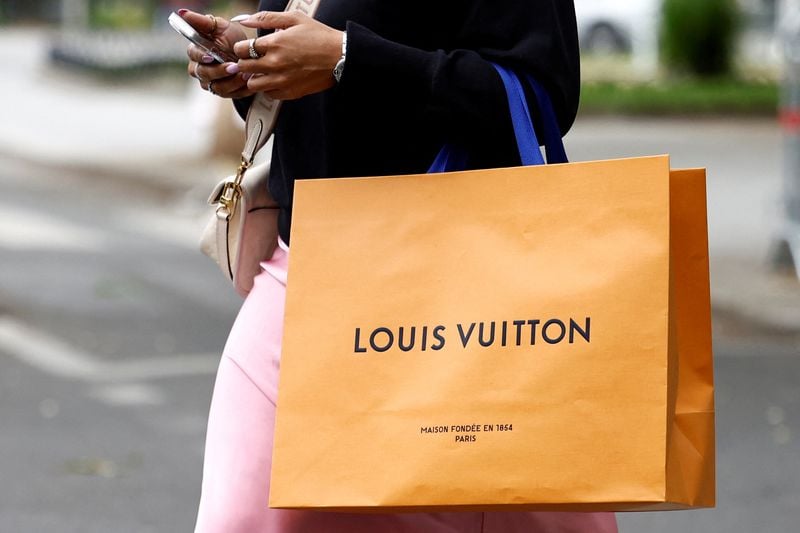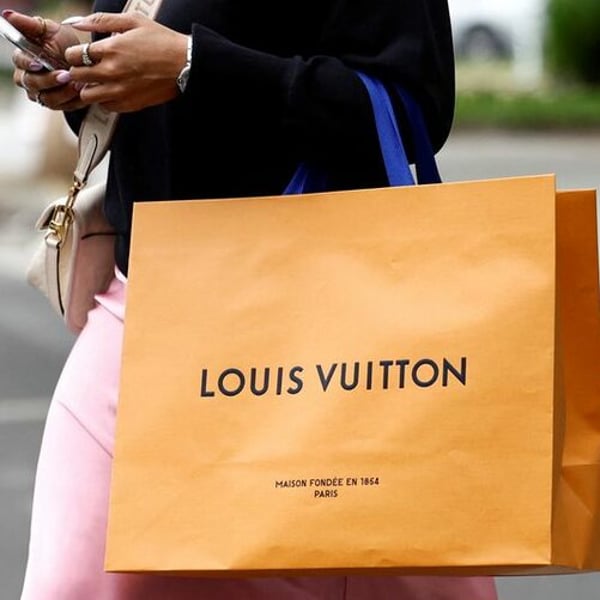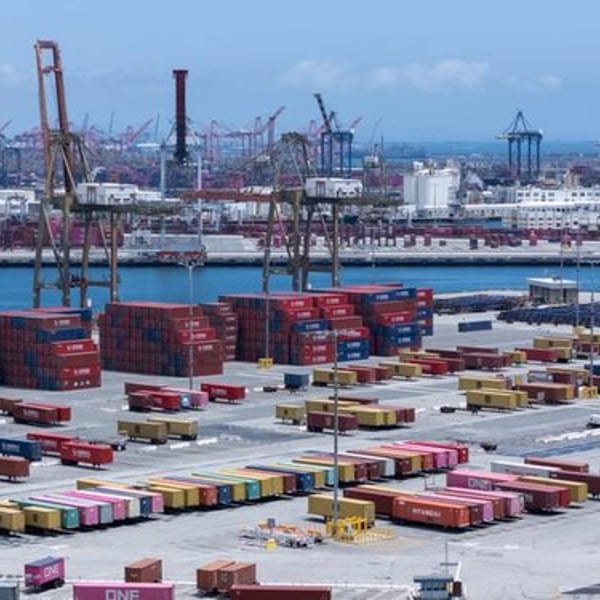By
Reuters
Published
May 23, 2025
European luxury stocks declined sharply on Friday following U.S. President Donald Trump’s announcement recommending a 50% tariff on European Union goods, set to take effect on June 1.

The luxury sector—which includes handbags, shoes, fashion goods, and champagne—relies heavily on the U.S. market, previously seen as its main growth driver as demand in China slows.
Shares of France’s largest listed companies by market capitalization, LVMH and Hermès, dropped approximately 3% and 4%, respectively, mirroring declines among sector peers such as Kering, Prada, and Burberry.
Major luxury groups derive about a quarter of their sales from U.S. consumers. Exposure among smaller brands varies, from 14% at outerwear maker Moncler to 46% at sandal manufacturer Birkenstock.
S&P analysts recently identified the luxury sector as particularly vulnerable to U.S. tariffs, noting that companies have limited capacity to shift production to the United States.
“If you want to create a factory in the U.S. to overcome the problem of the tariffs, it’s just impossible right now … you don’t have the people, the know-how,” said Claudia D’Arpizio, a partner at Bain, during an industry event on Thursday.
According to Reuters, Louis Vuitton, owned by LVMH, is the only European luxury brand manufacturing in the U.S., but it has faced challenges at one of its American facilities.
“We therefore believe that pricing will likely be the luxury goods industry’s main way of mitigating tariffs,” S&P analysts stated in a recent note.
European luxury brands, including Hermès, known for its Birkin bags, have indicated they might leverage their pricing power to counteract tariff costs. However, analysts caution that some brands have limited flexibility to increase prices without affecting demand.
According to data from the economy ministry, France’s luxury sector—the world’s largest—employs over 600,000 people.
Italy, a major producer of high-end leather goods, is also significantly exposed to international trade. A report by state-controlled bank Cassa Depositi e Prestiti indicates that the fashion industry accounts for over 5% of Italy’s gross domestic product.
In 2024, France exported sparkling wine, including champagne, worth €890 million ($1 billion), and grape brandy, primarily cognac, valued at €1.27 billion to the U.S., according to United Nations data. Italy exported €770 million worth of leather handbags.
($1 = €0.8823)
FashionNetwork.com with Reuters
© Thomson Reuters 2025 All rights reserved.



